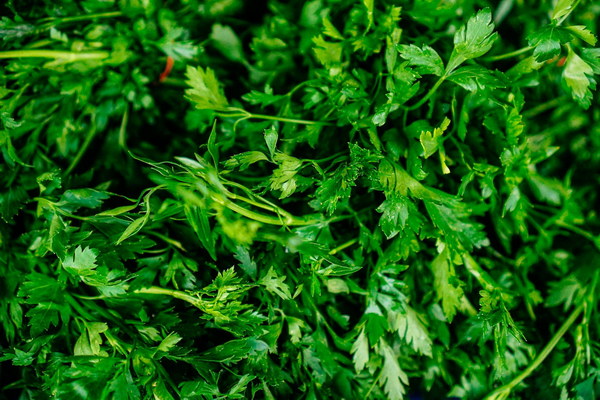Natural Relief for Asthma Exploring the Healing Powers of Herbs and Traditional Remedies
Asthma, a chronic respiratory condition, affects millions of people worldwide. While modern medicine offers a range of treatments, many individuals seek natural alternatives to manage their symptoms. Traditional Chinese medicine (TCM) and other herbal remedies have been used for centuries to alleviate asthma symptoms. This article explores the benefits of these natural treatments and provides insights into incorporating them into your daily routine.
Herbs and traditional remedies for asthma:
1. Peppermint (Mentha haplocalyx)
Peppermint, a popular herb, has been used in TCM to treat asthma for centuries. Its anti-inflammatory and expectorant properties help to reduce inflammation in the airways and break up mucus, making it easier to breathe. To use peppermint for asthma, you can inhale its essential oil or drink peppermint tea.
2. Mulberry (Morus alba)
Mulberry leaves have been used in TCM to treat asthma and other respiratory conditions. They contain antioxidants and anti-inflammatory compounds that help to reduce airway inflammation and improve lung function. You can brew mulberry leaves as a tea or use them in soups and stews.
3. Licorice (Glycyrrhiza uralensis)
Licorice is another traditional Chinese herb that has been used to treat asthma. It contains glycyrrhizin, a compound that has anti-inflammatory properties and can help to reduce airway inflammation. Licorice can be taken in the form of a tea or as a supplement.
4. Elecampane (Inula helenium)
Elecampane is a European herb that has been used to treat asthma and other respiratory conditions. It contains inulin, a substance that helps to thin mucus and improve lung function. Elecampane can be taken as a tea or in capsule form.
5. Ginger (Zingiber officinale)
Ginger is a powerful anti-inflammatory herb that can help to reduce asthma symptoms. It can be added to tea or used in cooking to help manage asthma. Ginger's anti-inflammatory properties make it an excellent addition to a diet rich in asthma-fighting foods.

6. Turmeric (Curcuma longa)
Turmeric, a spice commonly used in Indian cuisine, contains curcumin, a compound with anti-inflammatory properties. Adding turmeric to your meals can help reduce asthma symptoms. Turmeric can also be taken as a supplement.
Incorporating herbal remedies into your asthma management plan:
When incorporating herbal remedies into your asthma management plan, it is essential to consult with a healthcare professional, especially if you are taking other medications. Here are some tips for safely using herbal remedies:
1. Choose high-quality, organic herbs to minimize exposure to pesticides and other contaminants.
2. Start with a low dose and gradually increase it to find the most effective dosage.
3. Be consistent with your herbal treatments, as they may take several weeks to take effect.
4. Monitor your symptoms and adjust your treatment plan as needed.
While herbal remedies can complement conventional asthma treatments, they should not replace them. It is crucial to work with your healthcare provider to create a comprehensive asthma management plan that includes medication, lifestyle changes, and natural treatments.
In conclusion, herbal remedies and traditional Chinese medicine offer a natural approach to managing asthma symptoms. By incorporating these treatments into your asthma management plan, you may find relief from your symptoms and improve your overall quality of life. Remember to consult with a healthcare professional before starting any new treatment to ensure safety and efficacy.









